2020 WOLFGANG FRIEDMANN MEMORIAL AWARD Recipient:
JUDGE JOAN E. DONOGHUE
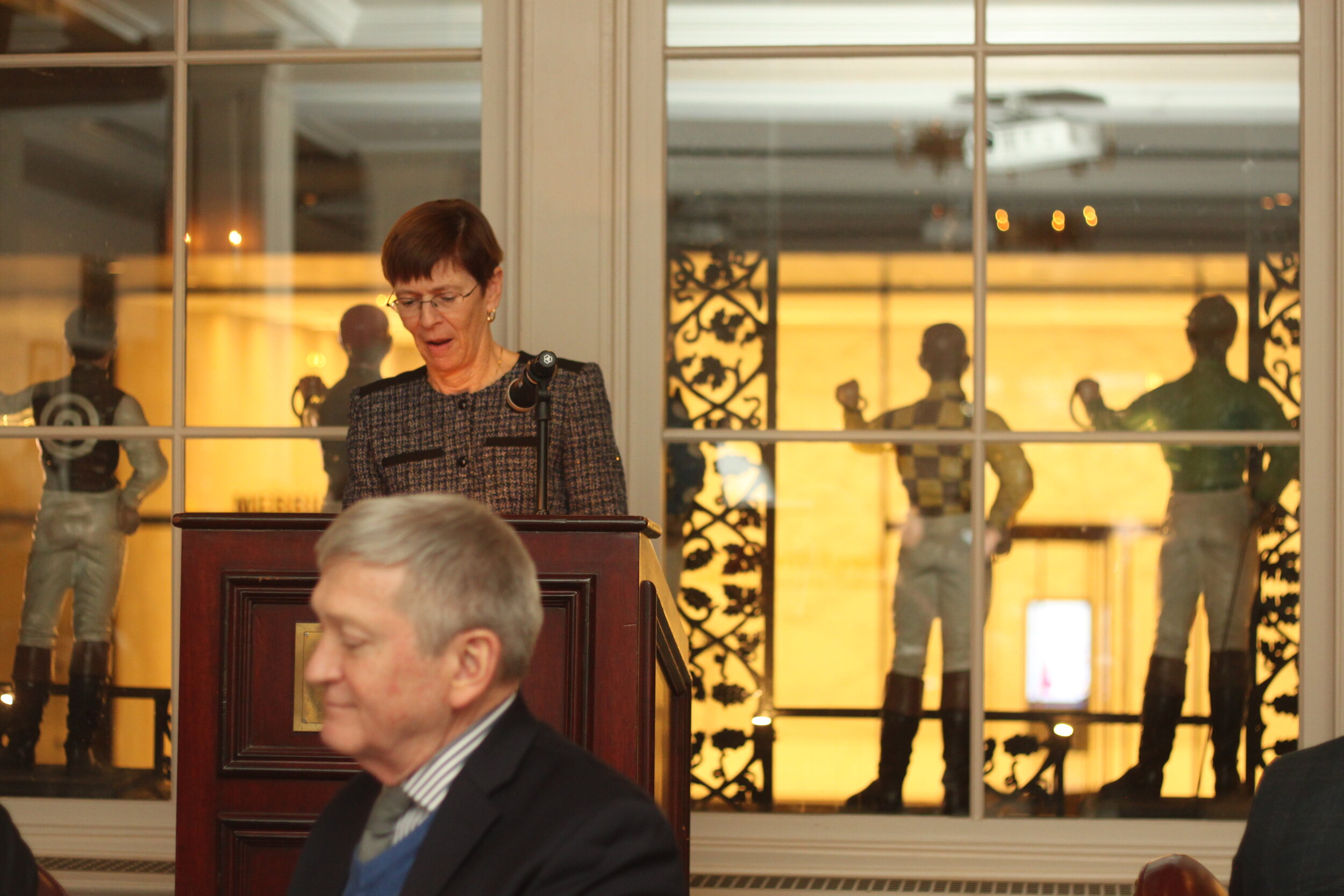
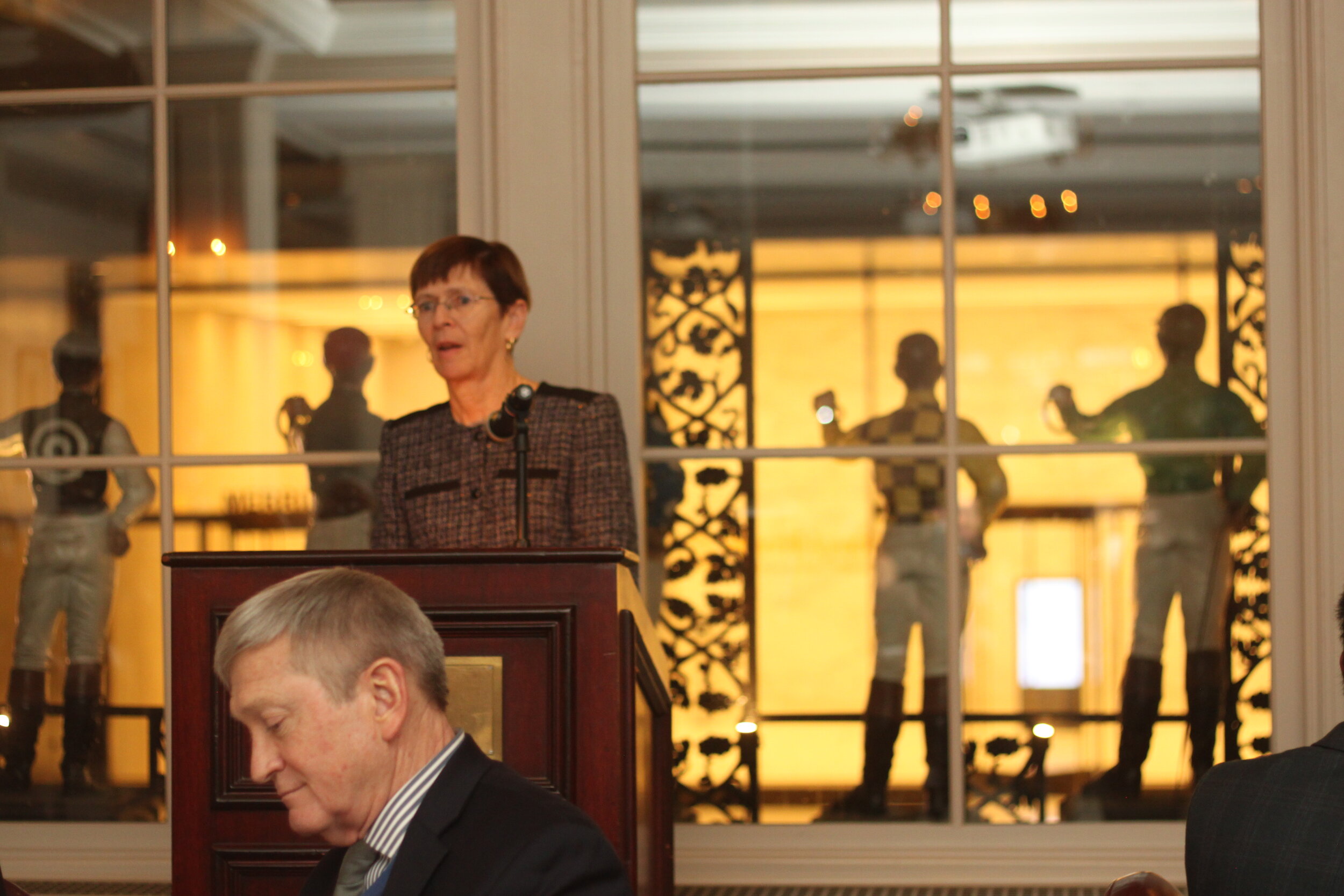
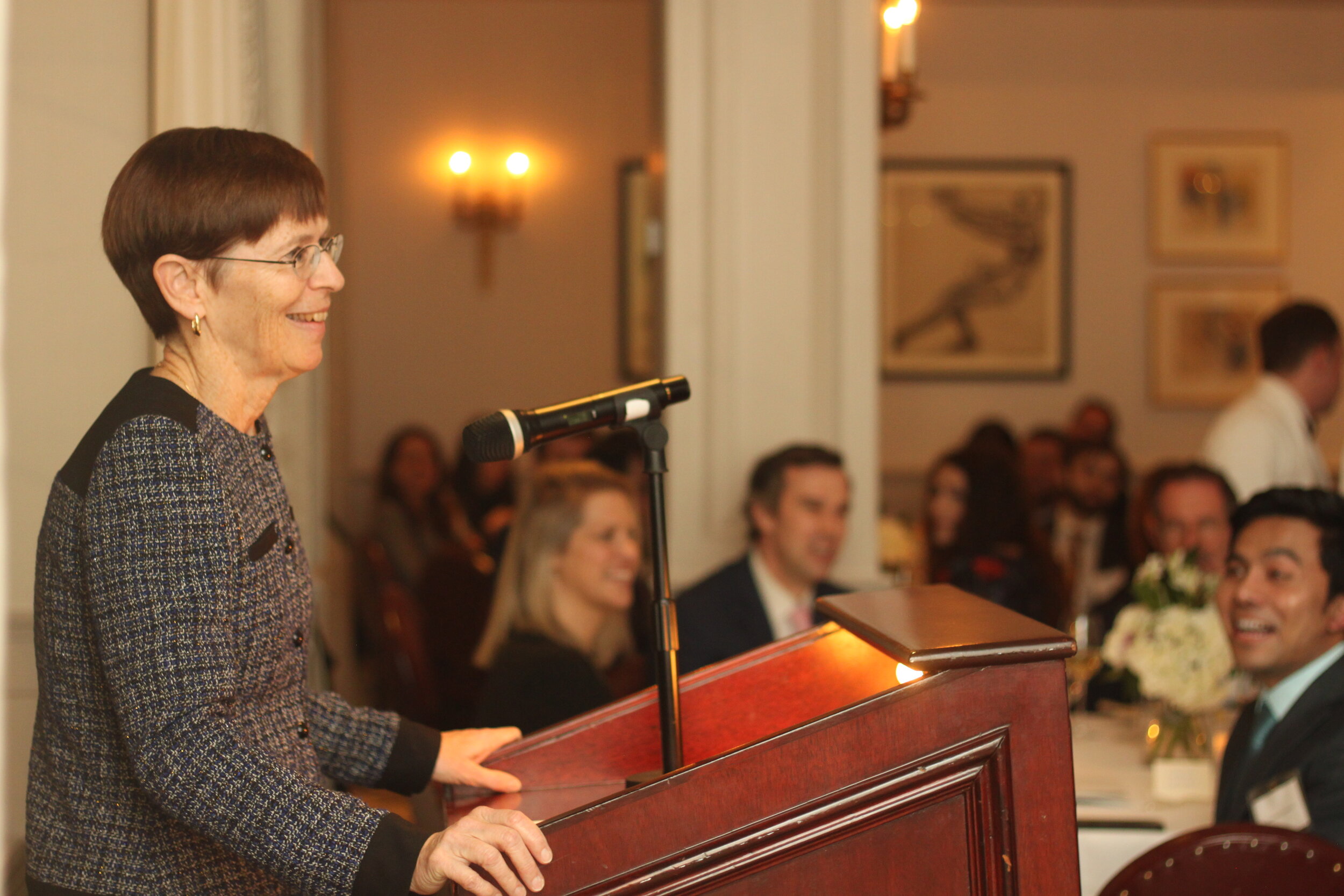
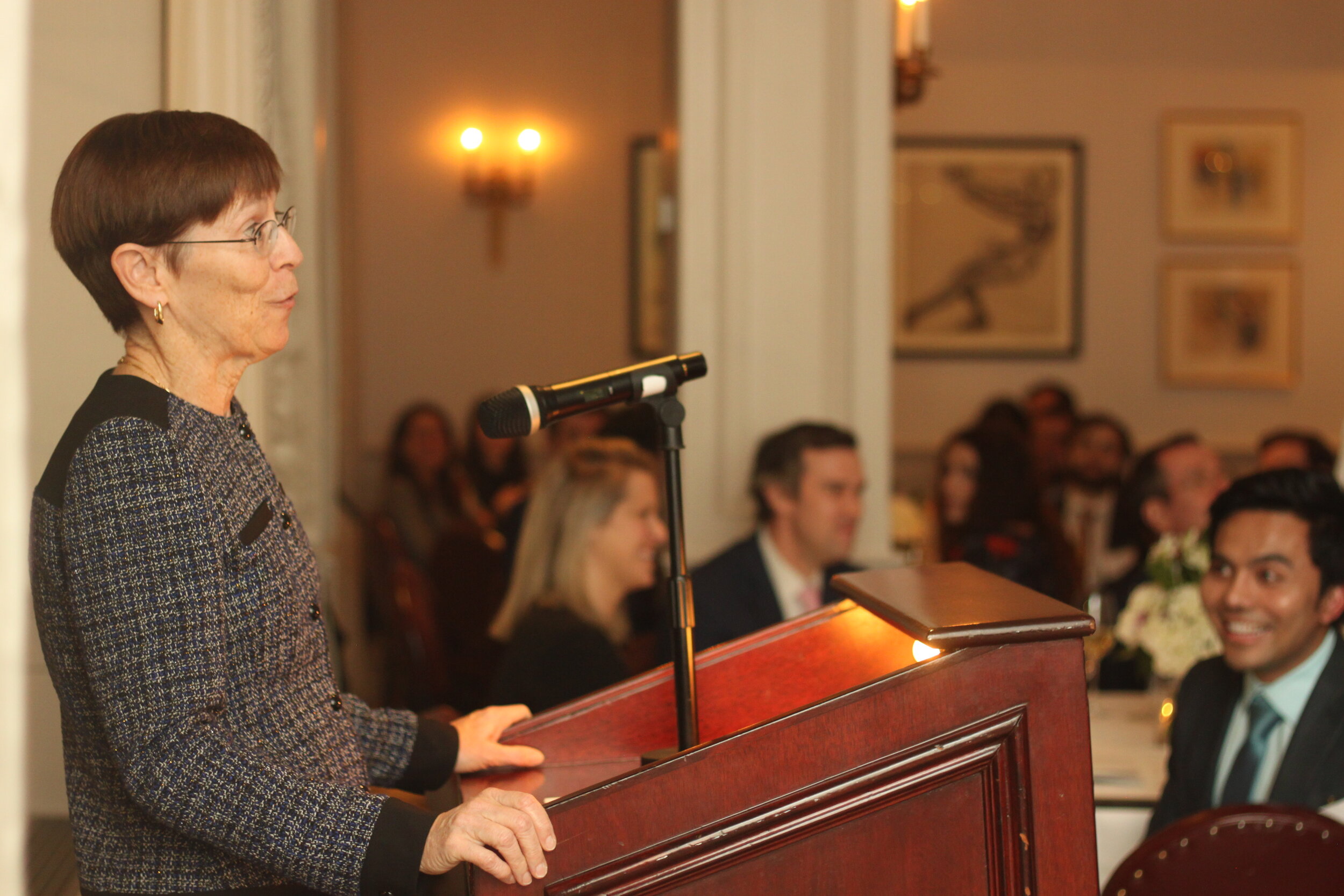

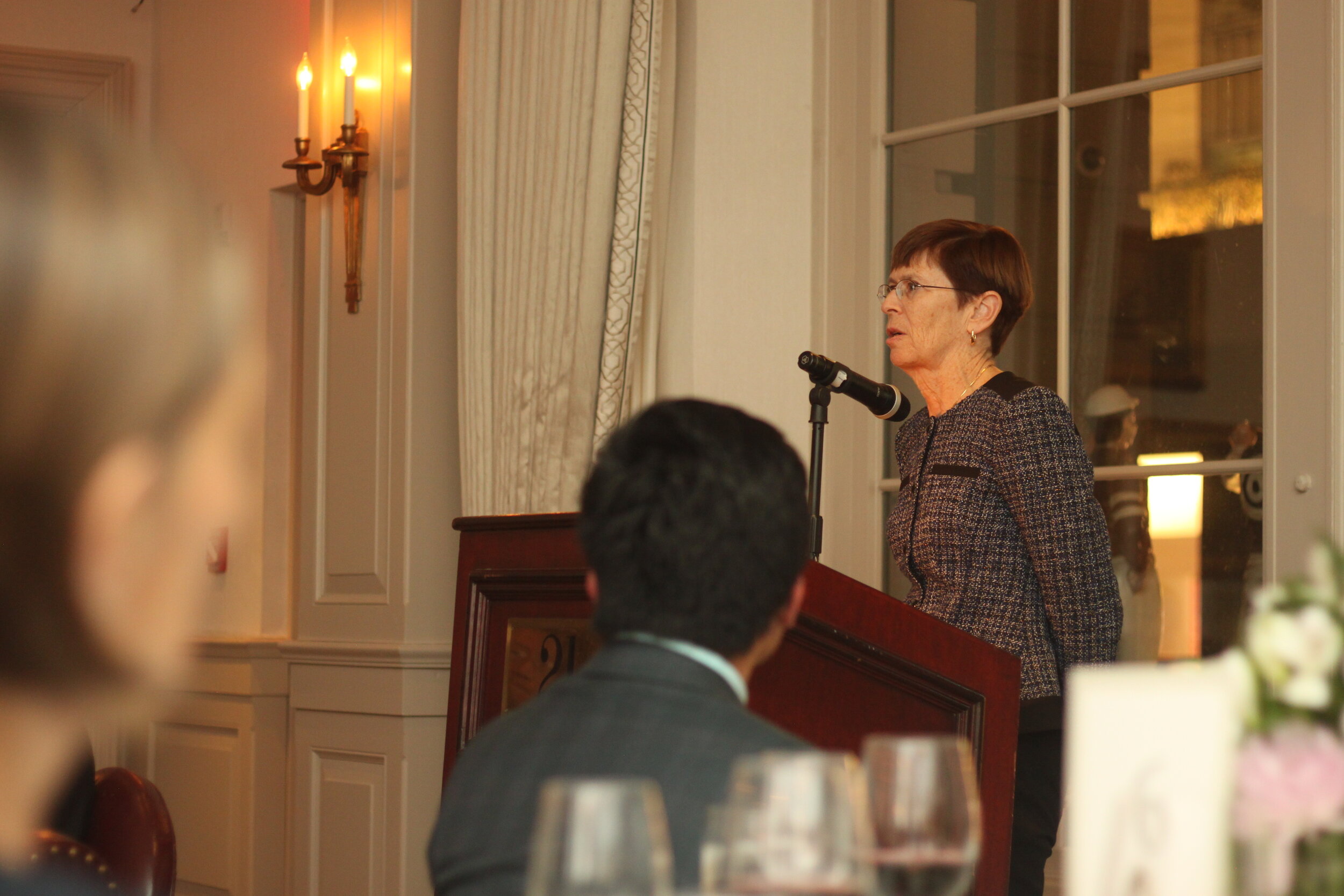
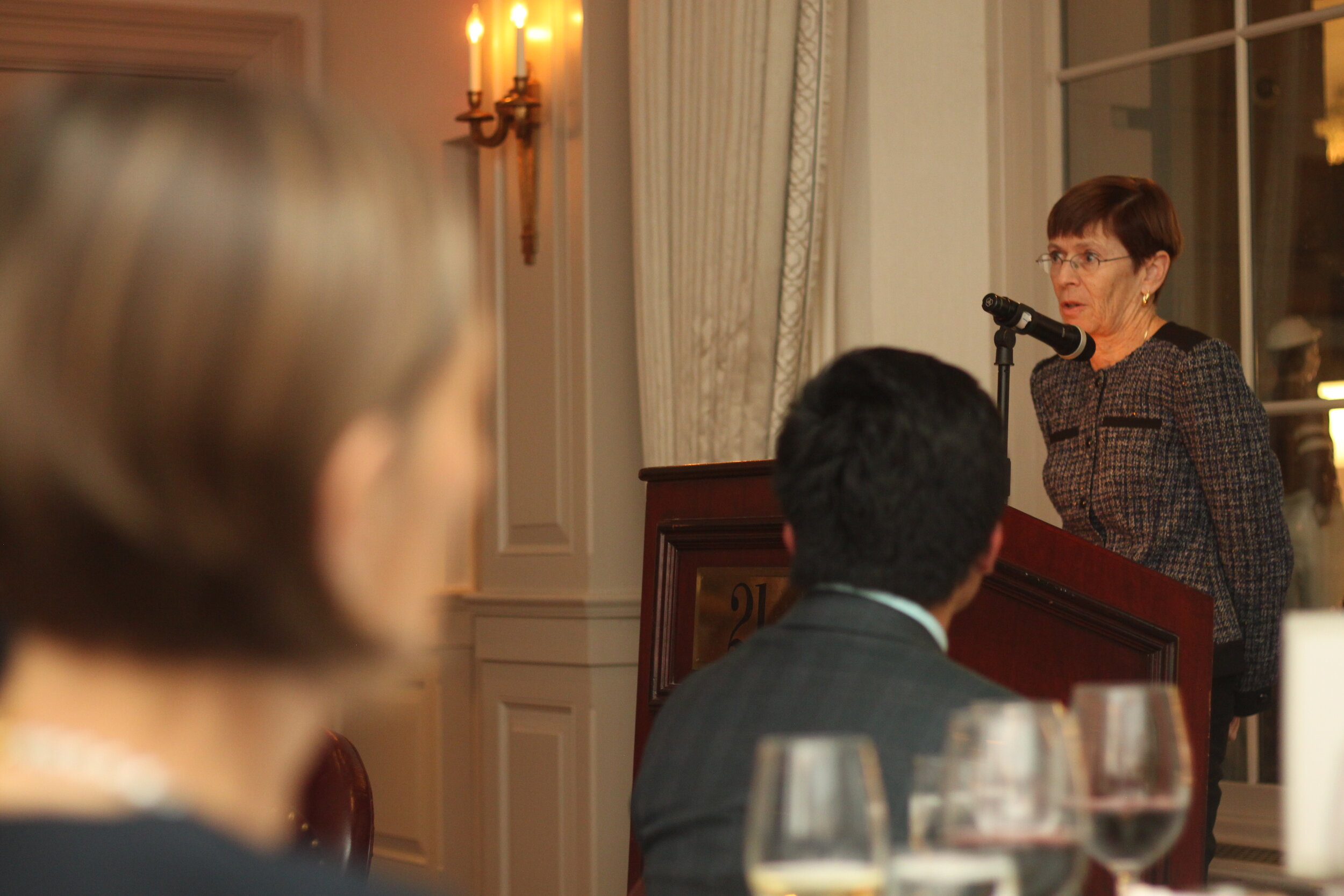
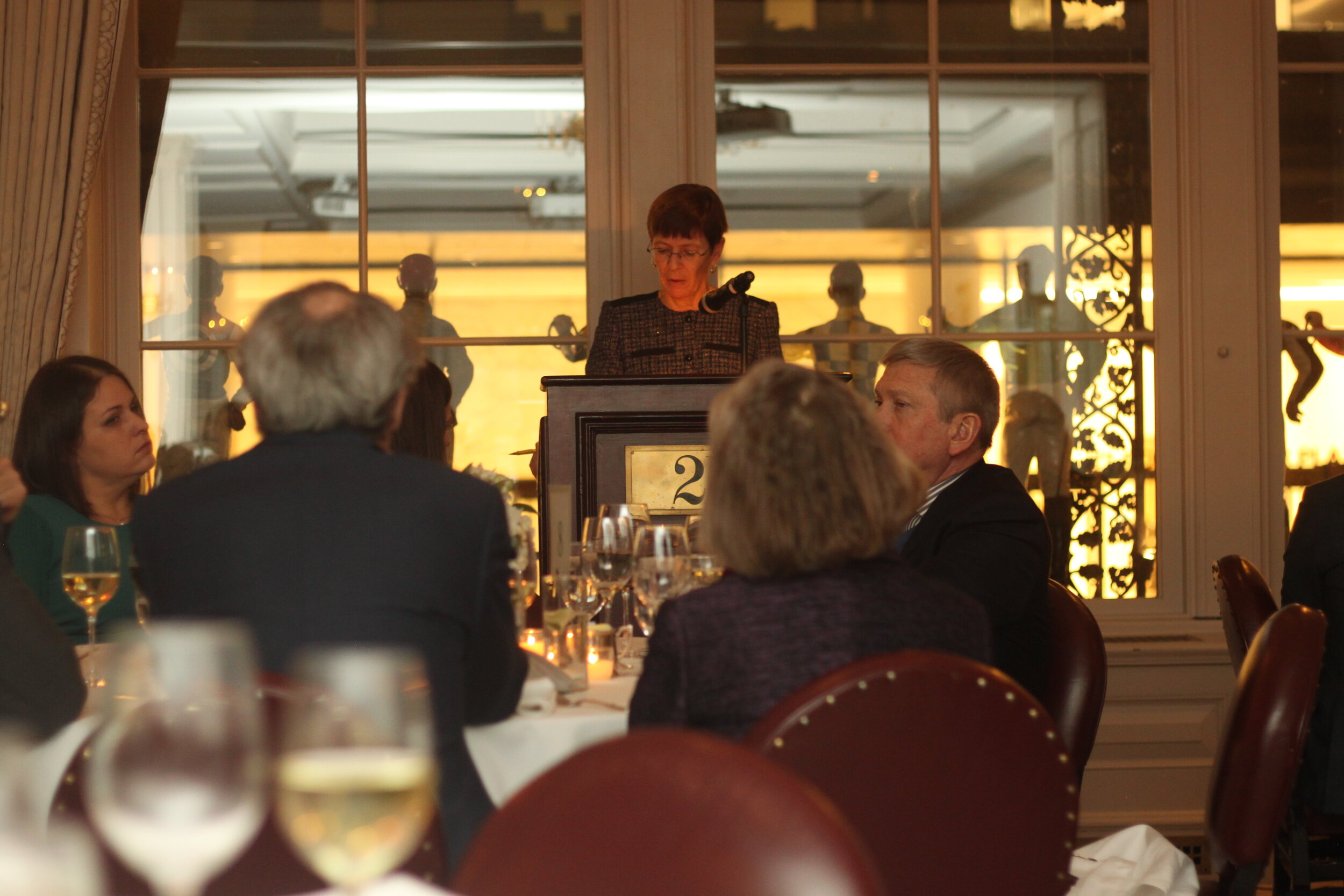
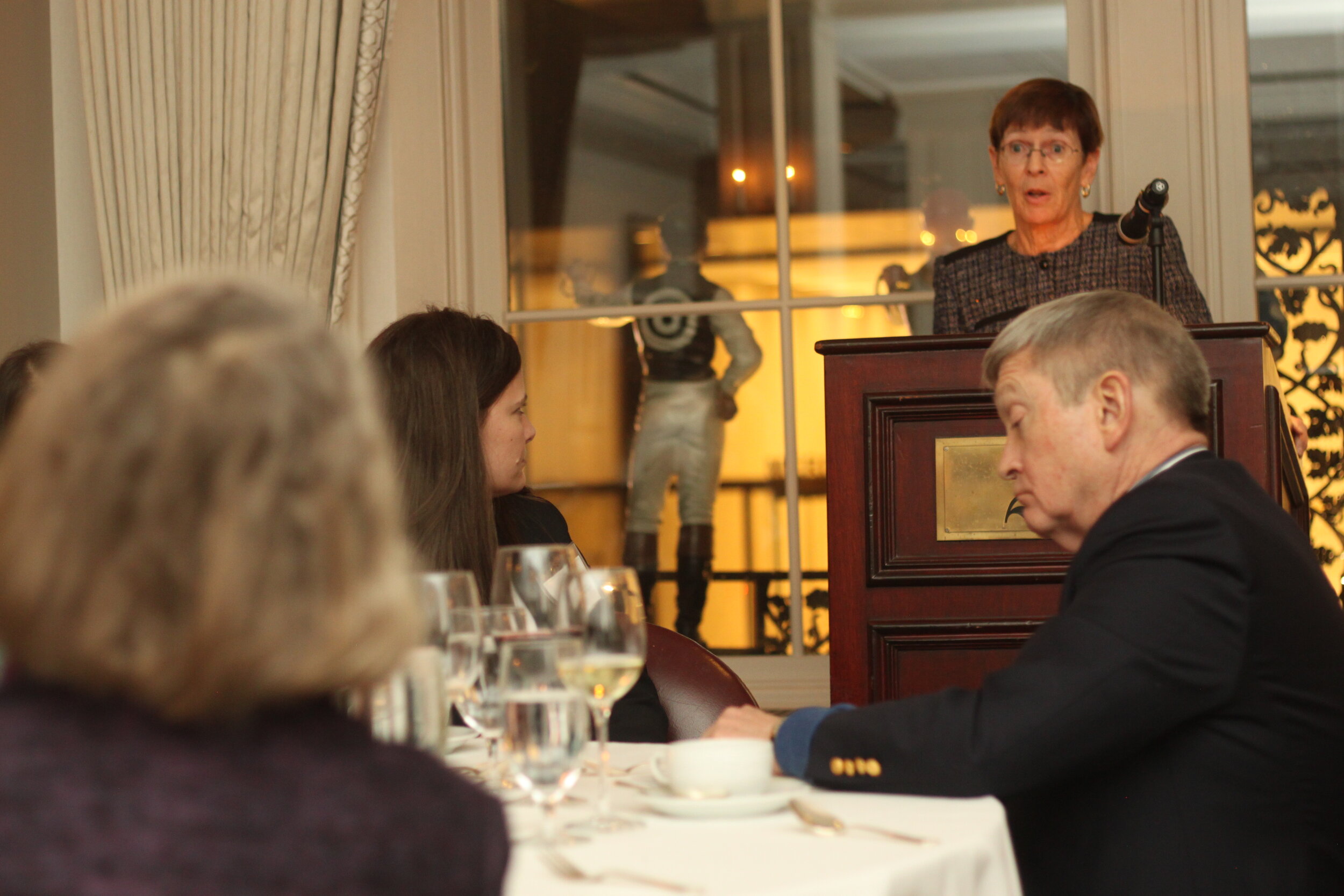
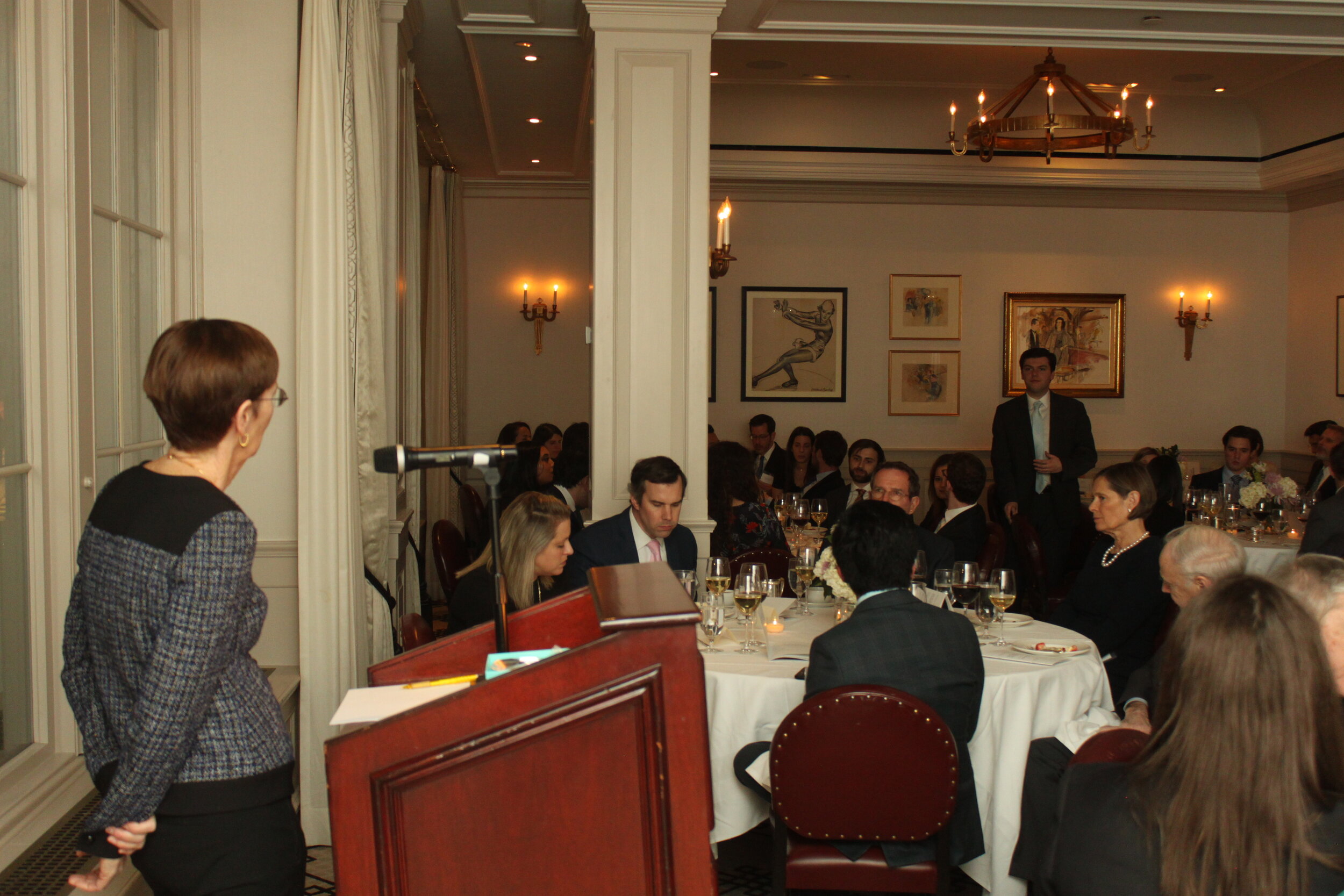
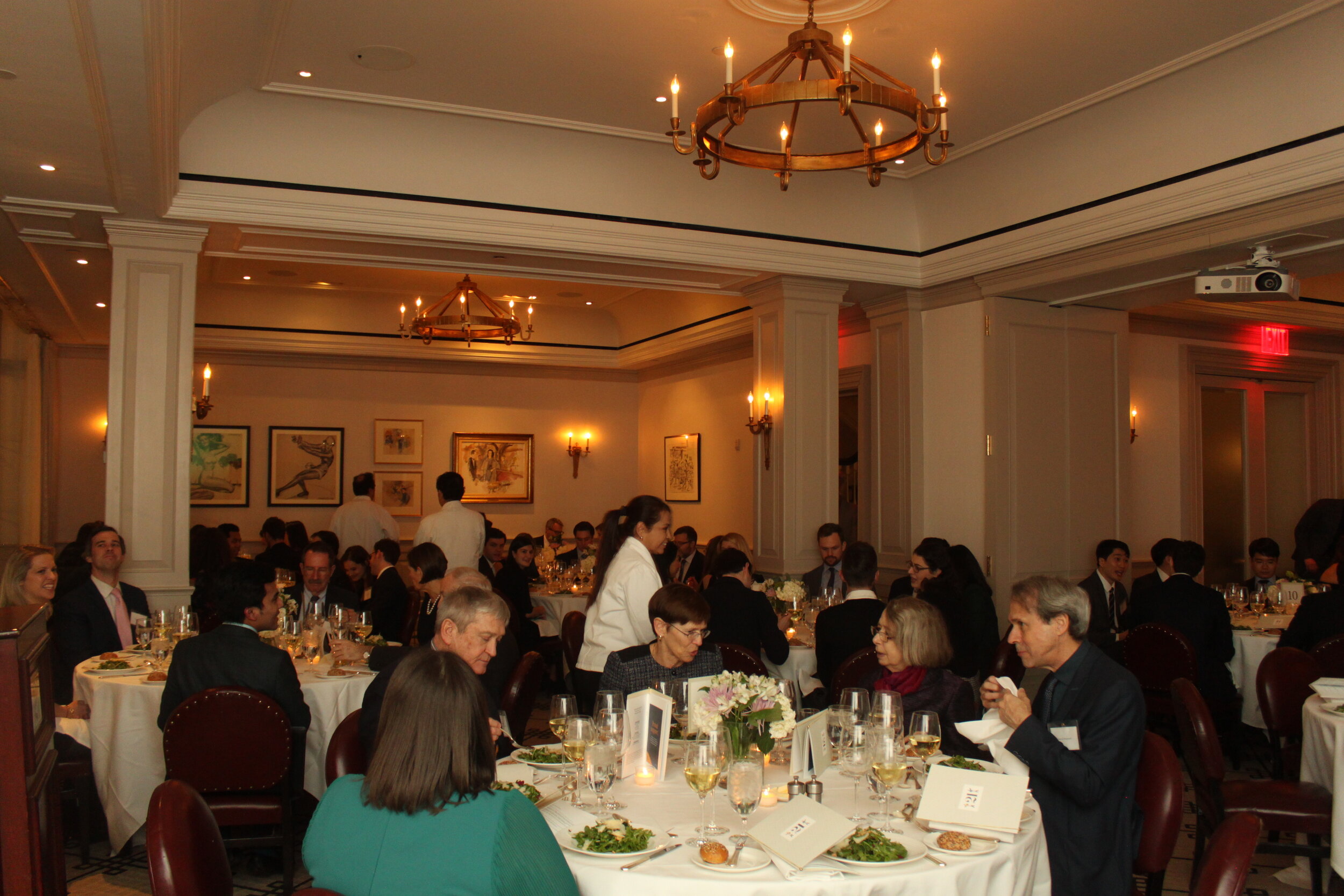
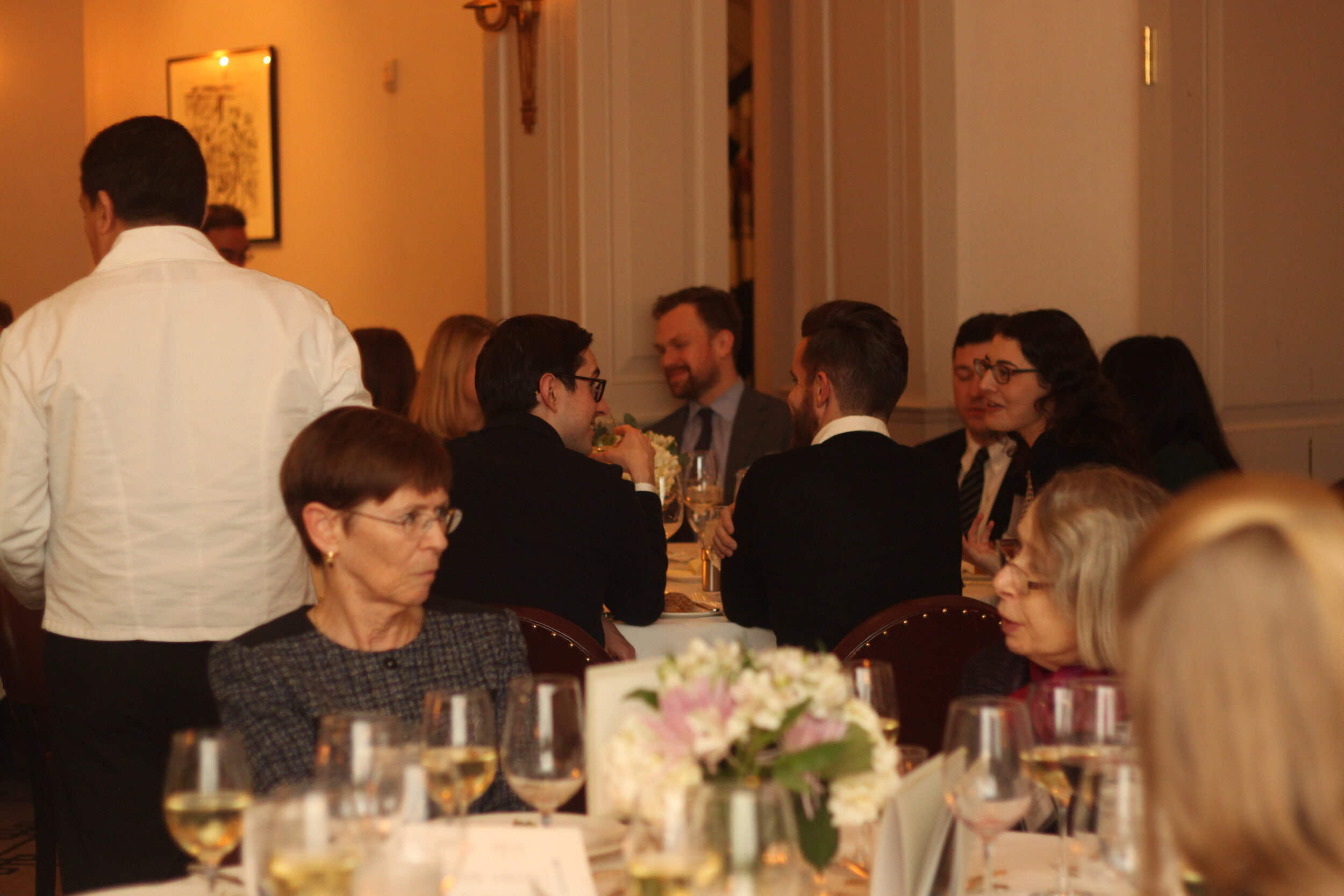
On March 5 the Columbia Journal of Transnational Law awarded the 46th Annual Wolfgang Friedmann Memorial Award to Judge Joan E. Donoghue, the first American woman to sit on the International Court of Justice, in a banquet at the 21 Club in Manhattan.
Since 1975, the Columbia Journal of Transnational Law has presented the Wolfgang Friedmann Memorial Award to a distinguished scholar or practitioner who has made outstanding contributions to the field of Transnational law.
As a judge on the International Court of Justice, Judge Donoghue plays a key role in the interpretation and application of international law. During her time on the Court, Judge Donoghue has heard cases the Rohingya and Bosnian genocides, the independence of the Chagos Archipelago from the United Kingdom, the obligations of states to prosecute individuals for torture anywhere in the world under the UN Convention against Torture, and the application of international anti-whaling treaties.
Prior to her service on the ICJ, Judge Donoghue held several key roles within the United States Department of State. As the Principal Deputy Legal Advisor, she counseled Presidents Clinton and Obama on all aspects of international law, advising on the negotiating and drafting of resolutions for several bodies of the United Nations, and overseeing the U.S. treaty approval process. Judge Donoghue oversaw the U.S. submissions for the advisory hearings in Accordance with International Law of the Unilateral Declaration of Independence by the Provisional Institutions of Self-Government of Kosovo and the implementation of President Obama's executive orders on the review and disposition of individuals detained at Guantánamo. She also supervised U.S. international advocacy before the Iran-United States Claims Tribunal and NAFTA investor-state arbitration, and led the U.S. delegation in the Iraq bilateral claims negotiation.
Throughout Judge Donoghue’s career, she has addressed some of the most pressing international law issues of our time, spanning a remarkable geographic range. She played important roles in two critical human rights movements in Africa, providing legal advice on South Africa’s transition to democracy and contributing to the establishment of the International Criminal Tribunal for Rwanda. Her work has even reached the remotest of continents, through her service as a legal advisor to the Meeting of the Consultative Parties to the Antarctic Treaty. Prior to her time at the State Department, she worked on the seminal case of Nicaragua v. U.S.